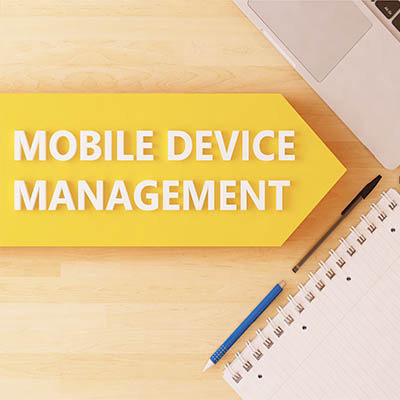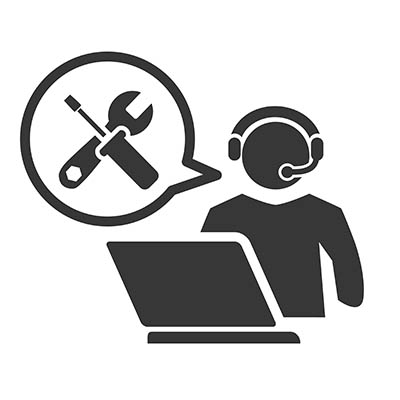With so many companies forced to transition to remote technology, it’s no wonder that many questions regarding the use of mobile technology—particularly laptops and smartphones—have risen to the surface. This is especially the case for data sharing between devices and privacy. Let’s take a look at the mobile device’s role in the remote workplace, as well as how many companies have chosen to ensure that they are not putting their data on the line with them.
Being future-minded means that you are always on the lookout for the next big thing and how it might affect your business, be it technology or otherwise. Many developing technologies might seem like they will never see the light of day, but the reality is that many of them do have the potential to see business applications in some capacity. Let’s take a look at some of these oddball concepts and how they might transition to business use in the future.
Let’s face it: with so (so) many streaming platforms now available for us to binge a trendy show or revisit a favorite movie on, technology and entertainment have become inexorably linked. When you really think about it, the technology that makes these streaming services possible is truly impressive. Let’s go over this technology together.
VoIP, the shortened form of Voice over Internet Protocol, can be considered the latest and greatest in telecommunication, a solution that is far superior to traditional landlines. Some businesses have embraced this technology with open arms, whereas others still cling to their landlines like their lives depend on it. At the end of the day, relying on your landline when a better solution exists is no different from throwing money away.
Your landline telephone may have once been a prominent part of your business’ communication infrastructure, but chances are that it’s fallen on hard times since you last used it. In fact, you might be surprised to find that there are quite a few arguments against using a landline for your organization’s phone system, especially with more modern tools eclipsing it in usefulness.
Businesses use a lot of technology to keep themselves competitive and operationally efficient. One way that organizations use to make their technology infrastructure more accessible is through the use of virtualization. Let’s discuss what virtualization is, how it benefits businesses, and some examples of how you might consider leveraging virtualization to your company’s benefit.
Discord is not considered a business-grade solution, but it does have some merits in terms of communications and collaboration. Let’s discuss some of the ways that this platform can be used to help your business. After all, there is a reason why it’s so beloved with its user base, so maybe you will find some value in it.
It comes as no surprise that IT maintenance and management is a pain point for small businesses. Perhaps they don’t have the resources to perform in-house maintenance because they lack the funds to hire trained technicians, a practice which leads them to rely on existing resources to make it happen. Unfortunately, this leads to inconsistent maintenance at best, a practice that can be both dangerous and wasteful in the long term. We’re here to tell you that not only is proactive maintenance important, but that remote maintenance is the best way to make it happen.
Businesses have long used telephony solutions of some sort, but the traditional landline is an archaic piece of technology in the modern office. You can take your organization to the next level with a more dynamic and flexible solution, one that has the same features without all of the headaches associated with traditional telephone systems. A Voice over Internet Protocol (VoIP) solution can completely change your communications for the better.
Implementing new technology into your IT infrastructure is not something that can be done without serious consideration. If you skip the planning process, the last thing you should expect is for things to work out in your favor. Start by weighing your organization’s specific needs, then consider all of the ways that those needs can be met. Today we are going to discuss how you can make all of this happen in the easiest way possible.










